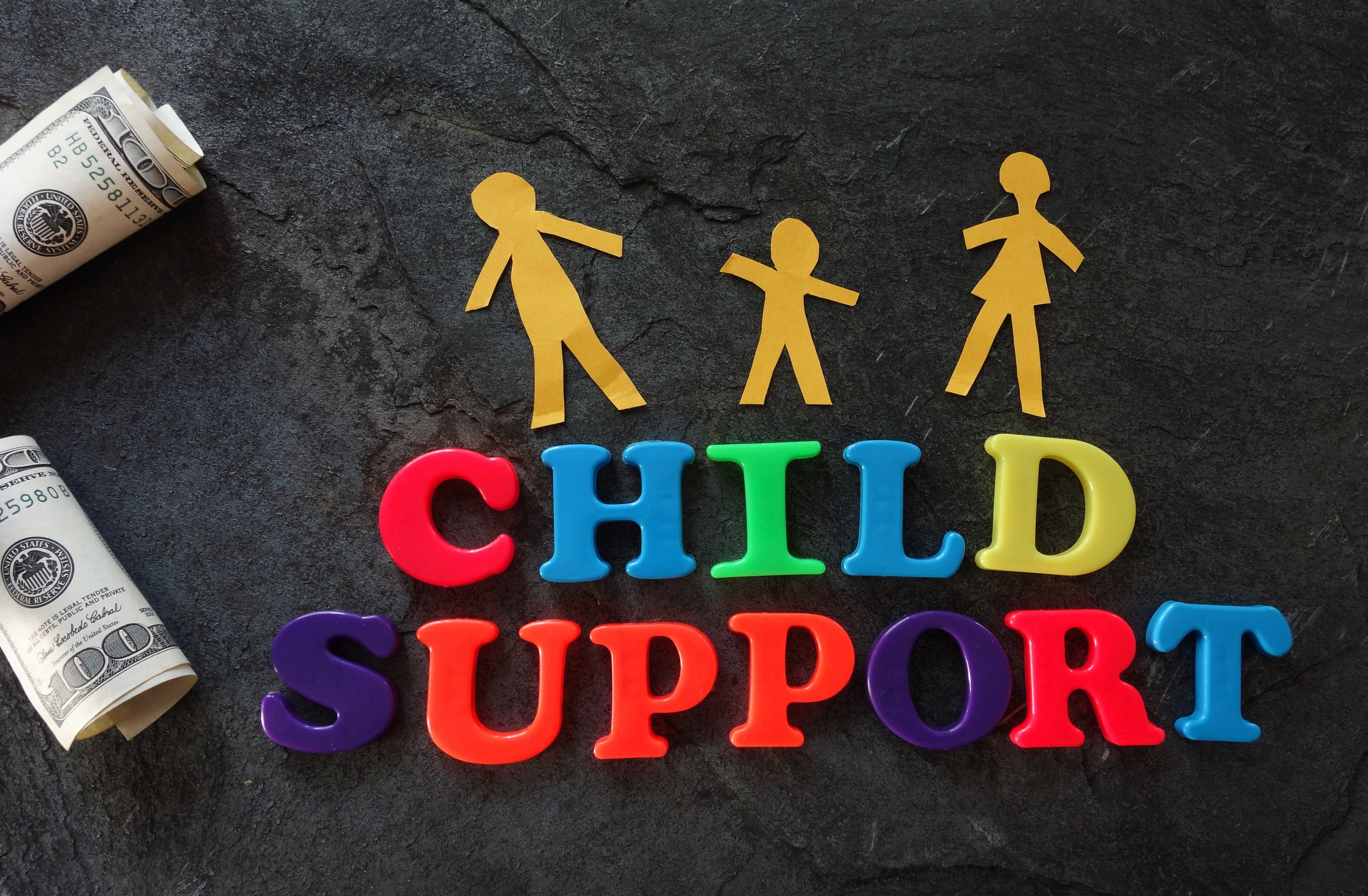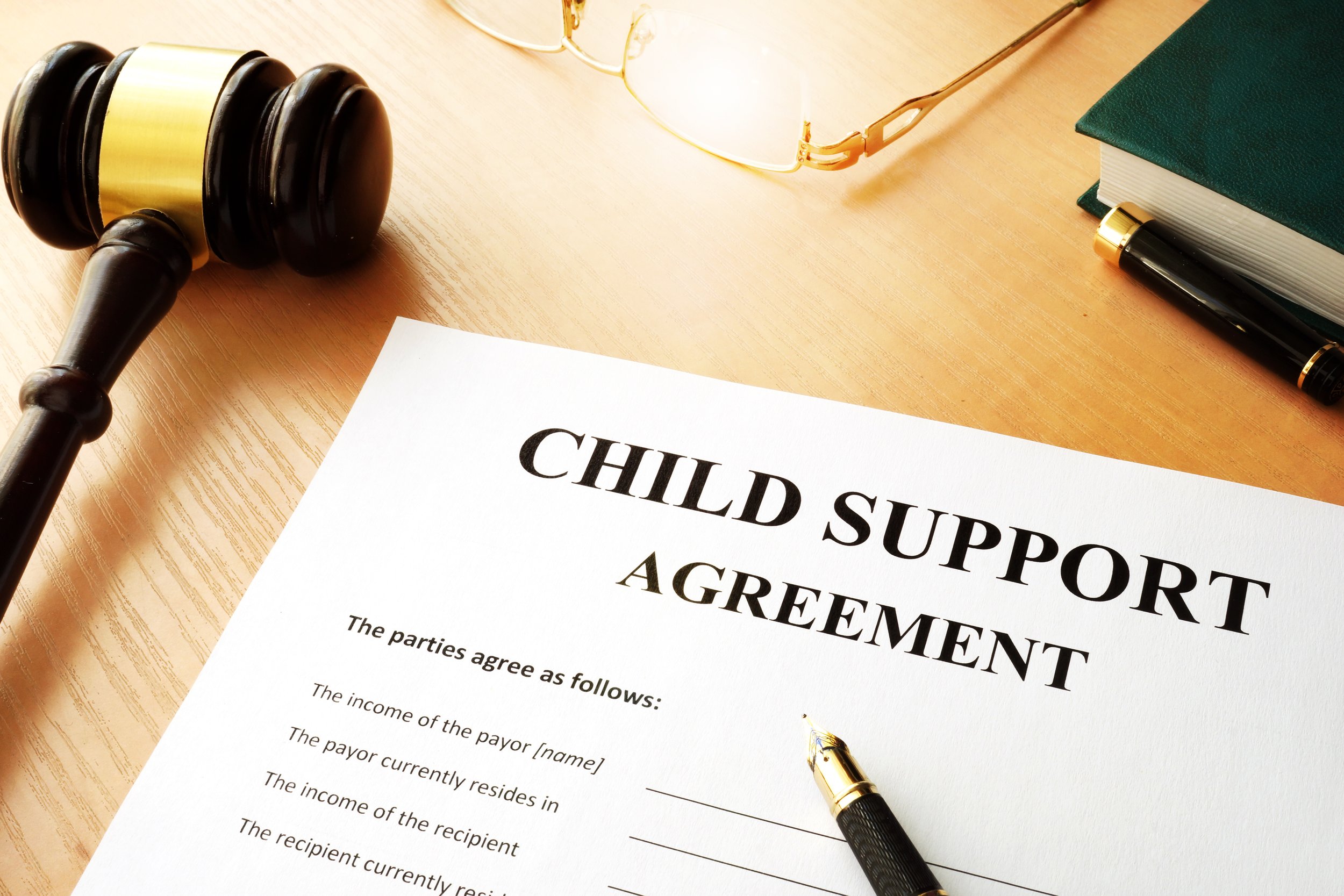
CHILD SUPPORT
CHILD SUPPORT ATTORNEY
For divorcing or unmarried parents, child support can become a contentious issue. Every case is unique, and consulting a lawyer to represent you in this matter is crucial. At our law offices, David L. Martin, Esq. can assist you in navigating the intricate legal issues that arise in cases involving children, whether you anticipate paying or receiving support for your children.
Child Support in the State of New York
By law in New York State, both parents are responsible for financially supporting their child until the child turns 21. This support also includes contributing towards daycare, health insurance and unreimbursed medical expenses for the child.
In general, the noncustodial parent pays support to the custodial parent (the parent who has physical custody of the child most of the time). Support includes monthly payments for the basic economic needs of the child. Add-ons include:
Payment for child care
Health insurance for the child
Dya Care
Payments for reasonable out-of-pocket healthcare expenses
The basic amount of support is based on a fixed percentage of the combined parental adjusted gross income, which takes into consideration the number of children being supported. Income that is considered for calculating it includes earnings, worker’s compensation benefits, disability payments, unemployment insurance benefits, Social Security benefits, and pension benefits. For one child, the basic support amount is 17% of parental adjusted gross income; for two children, it is 25%; for three children, 29%; for four children, 31%; and, for more than five children, 35%. That amount is then divided between the parents according to their incomes.
This support order must also include health insurance and out-of-pocket medical expenses of the child. When the custodial parent works or is in school, the support order may also include a prorated share of childcare expenses. Depending on the circumstances, the court may include educational expenses in the order.
If a parent paying child support receives income from a one-time source, such as lottery winnings or an inheritance, the court can order that parent to pay a portion of that money as financial support for the children.
If one parent thinks that the ordered support amount is unfair, he or she can ask the court to raise or lower the amount, according to the following factors:
Physical and emotional health of the child, or special needs of the child
Financial resources of parents and the child
Tax consequences
Standard of living the child would have maintained if the parents had not divorced
Educational needs of either parent
Nonmonetary contributions of a parent to the care and well-being of the child
Substantial difference in the gross incomes of the parents
Extraordinary visitation expenses if expenses of custodial parent are substantially reduced
Needs of other children of the noncustodial parent, under certain circumstances
Any other factors the court thinks are relevant
Every two years, the Child Support Enforcement Program reviews every support order to determine if there should be a cost of living increase in support payments.
Contact Our Office Today
Choosing the right attorney can be one of the most important decisions you make. Our attorneys have the experience and resources to fight for you and are willing to go to trial if necessary. Please get in touch with us today to arrange a consultation.

